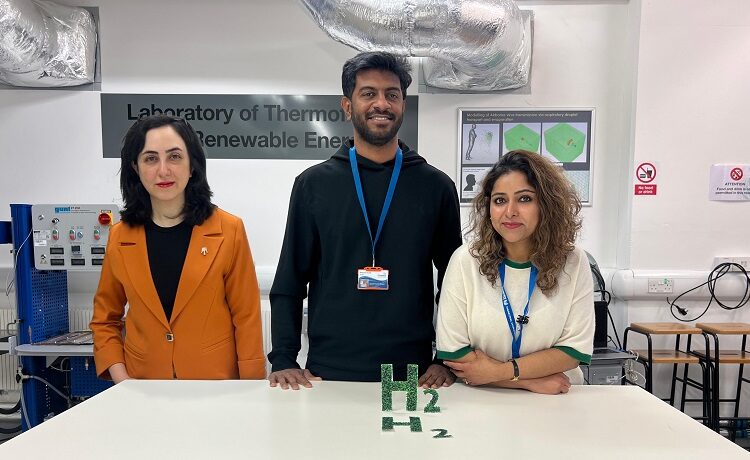Egypt, Cairo — Efforts to transition towards sustainable energy solutions have gained momentum with the collaboration between Coventry University and the British University in Egypt (BUE). With support from the British Council’s Going Global Partnerships initiative, the two institutions have launched a project focused on hydrogen technology education and research. This initiative, backed by a £25,000 grant, aims to enhance expertise in hydrogen production, storage, and transportation in both the UK and Egypt.
A central component of the initiative is the development of a Hydrogen Energy Training Hub, designed to facilitate knowledge exchange through workshops and training sessions. These sessions will be conducted at BUE’s campus near Cairo, Coventry University’s city center campus, and online platforms, allowing for a broad reach among students, academics, and industry professionals. The hub seeks to address the skills gap in emerging hydrogen technologies, aligning with the UN Sustainable Development Goals (SDGs) and Egypt’s Vision 2030.
The collaboration represents a significant step in fostering transnational education and research in renewable energy. According to Dr. Jayesh Shanthi Bhavan, project lead and lecturer in engineering design at Coventry University, international cooperation is crucial for advancing cleaner energy technologies. His counterpart, Professor Ayman Salah Abbas from BUE, emphasized that the project will provide an opportunity for students and professionals to gain insights into sustainable energy systems, ultimately enhancing global research partnerships.
Heba Elzein, Director of Education at British Council Egypt, highlighted that partnerships like this one are vital for fostering educational and research collaboration, ensuring that global institutions can work together to develop sustainable solutions.
Expanding Hydrogen Research Capabilities
Beyond this UK-Egypt initiative, Coventry University has further demonstrated its commitment to hydrogen research through its Centre for Advanced Low-Carbon Propulsion Systems (C-ALPS). The institution has invested over £2 million in a hydrogen fuel-cell research laboratory, focusing on developing fuel cell-based powertrains for commercial applications. This aligns with broader European efforts, such as the Green Skills for Hydrogen Project, which aims to equip the workforce with necessary hydrogen-related skills to support the growing industry.
As countries worldwide seek cleaner energy alternatives, hydrogen has emerged as a key player in the renewable energy landscape. Initiatives like the Coventry-BUE collaboration are instrumental in building the necessary expertise to support this transition.








